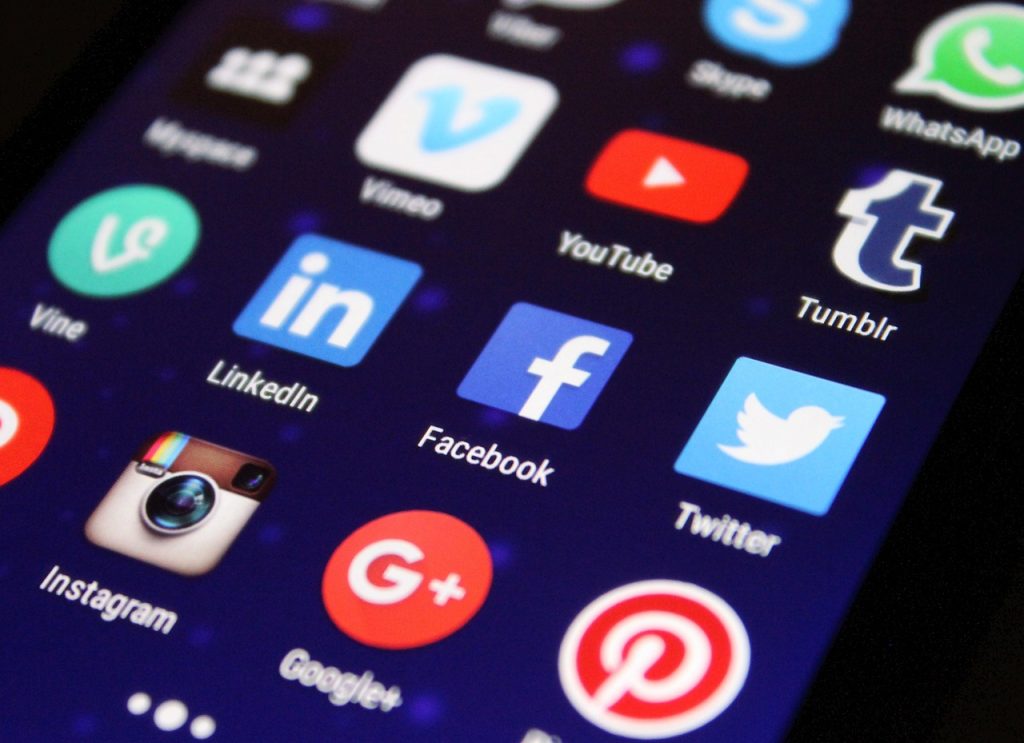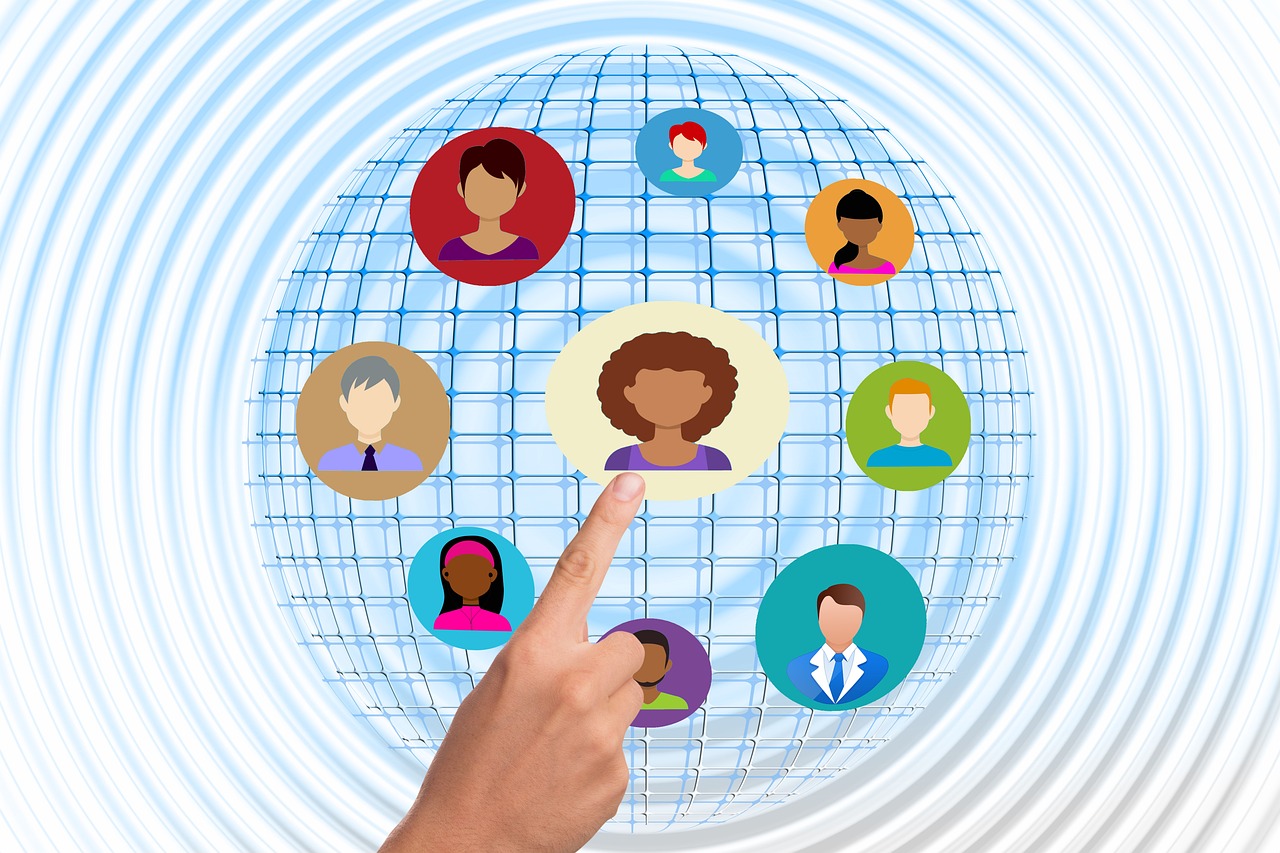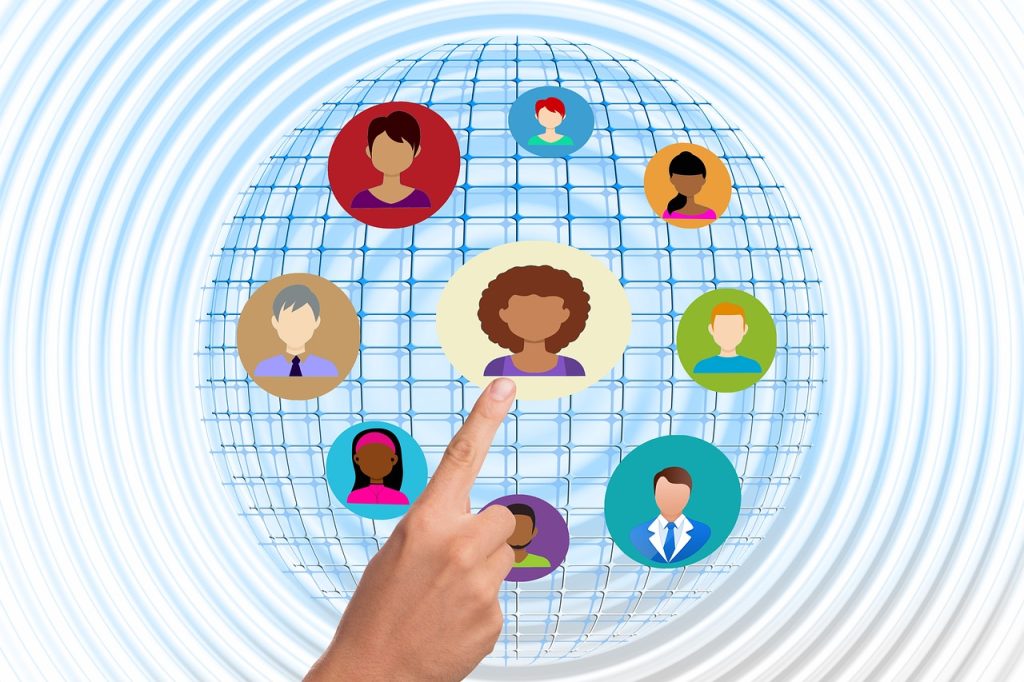The Digital and Social Media ban – June 2025
Earlier this year, National MP Catherine Wedd introduced a Member’s Bill that, if passed into law, requires social media platforms to verify that users are aged 16 or over. (Being a Member’s Bill, it is only presented in Parliament if it is picked out in the ballot.)
The “harm” of social media
Concerns around the harms of social media use in young people have been increasing alongside its increased usage by young people. A Horizon Poll (published 3 December 2024) showed an overwhelming majority of adults support limiting access to social media for children in New Zealand. Among the primary concerns for parents and caregivers are:
- Cyberbullying and harassment 75%
- Exposure to inappropriate content 72%
- Impacts on mental health and wellbeing, and being negatively influenced by people 69%
- Exposure to sextortion 66%
- Becoming addicted 61%
The mental-health risks from social media use, such as anxiety, depression, addiction, sleep disturbance and FOMO (“fear of missing out”), have been documented in numerous studies and research papers. Popular Netflix show ‘Adolescence’ gave us a dramatised example of the impact social media usage can have on children. Some teachers have described the negative attitudes and behaviour directed toward them in the classroom that they see as being driven by toxic online culture.
But it’s not all bad…
The benefits of social media
While there may be risks attached to online activities, it’s not all bad. The positives of social media include social connections, education, information, entertainment, and a means of self-expression.
As with many things, social media can be a powerful, effective and useful tool. Outcomes depend on how the tool is managed and used. It can be a valuable way of maintaining connections, sharing experiences, and navigating highs and lows with like-minded individuals. It can be a way of making new connections. While children connecting with strangers might generally be seen as unsafe, there could be ways to ensure safe connections are made with adult supervision (just as we do in the “real world”).
Social media can be a means of increasing the support networks available to young people by enabling young people to participate in their chosen community and build supportive peer networks. It can also foster digital literacy and entrepreneurial skills – think TikTok creators, YouTubers, etc.
Some people are concerned that a “ban” removing access to young people to social media might negatively affect marginalised youth who are already lacking support networks.
Is “banning” social media a flawed strategy?
Is it realistic to remove the right to something that is ingrained or entrenched in young people’s daily lives already? The Bill suggests the removal of the use of a way in which a lot of children have grown up.
While in the past we may have referred to “Encyclopaedia Britannica” for information, today’s young people undertake a lot of their learning online, some via shared knowledge on social media platforms. The veracity or accuracy of information on social media might be dubious, but perhaps that is a vital part of the learning process – learning how to differentiate legitimate from false information. That is possibly something our young people will be more skilled at than we are, having had to decipher fact from fiction from various sources from a much younger age.
Ultimately, the risk is that a blanket ban on social media for under 16 will drive the behaviour “underground”. Young people might migrate their social media usage to encrypted or unregulated services, increasing the safety risks.
Rather than “penalising” young people, perhaps more responsibility should be expected of the platforms to protect young people from inappropriate or adult content (perhaps a very blurry line here).
Other countries’ approaches
Described as a “world first”, Australia has recently (29th November 2024) enacted a social media ban (that carves out YouTube) for people under the age of 16. Their legislation requires companies to use age verification measures, with non-compliance triggering fines of up to nearly $50 million. The law is yet to be implemented to allow social media companies time to comply with the requirements (target date December 2025). However, trials are showing age-checking technology, which has been government tested, could only guess age within an 18-month range in 85% of cases.
New Zealand’s proposed legislation is based on the Australian model, which excludes services and apps “primarily of the purposes of education and health support”. This means services such as Headspace, Kids Helpline, Google Classroom, and YouTube would not be encompassed in the ban. Also excluded are messaging and gaming sites.
Singapore is currently studying the Australian model for feasibility.
In the USA, some states have state-level laws requiring children’s access to social media to be restricted or parental consent to be gained.
The EU / UK has the Digital Services Act and Online Safety Act that impose protective requirements and age checks for minors. They have not fully implemented age verification. The EU is being prompted by Greece (backed by France and Spain) to significantly limit the amount of time teenagers can spend online.
Complexities with implementation
There are enforcement challenges for social media companies. As seen by the struggles Australia is countering, any enforcement may be superficial with bypass being via VPN, fake IDs or other workarounds to any age assurance technologies.
Alongside the enforcement challenges are the potential privacy risks with the collection of personal information by social media companies in order to verify a user’s age. Some have highlighted “data-mining” concerns.
The reality is, a lot of young people are often more tech savvy than their parents and caregivers, having grown up with technology as a part of their daily life and education. Is there a workaround? They will find it.
Perhaps what is needed is increased responsibility on social media companies to moderate content, rather than banning young people from using social media platforms. Acknowledged, this has its complexities with moderation policies likely to be opposed by some users and social media companies concerned with restricting or violating freedom of expression.
Education and support
Rather than making something illegal, it would be more beneficial to focus on educating our young people around safe usage. And also educate our adults, parents, caregivers and teachers on how to put in place protections that our young people need. Investment in education around identifying and managing the risks, rather than banning, might be a more sustainable and pragmatic approach. This could involve increasing digital literacy in schools, teaching critical thinking, privacy awareness and online resilience.
Extending education beyond school, we should learn how to engage in family dialogue that encourages open, empathetic communication between caregivers and children, where children feel safe to communicate concerns to their “safe adults”.
Community support services that provide online support services, particularly for young people in isolated or vulnerable situations, working alongside education services to create online safety of young people (and those not so young).
Moving from ban to balance
While it is a noteworthy initiative and may have triggered some healthy debate, the strategy is imperfect. New Zealand’s proposed age-verification law signals a strong intent to protect youth, but questions remain around how implementation can be reliably enforced without putting privacy at risk and without isolating vulnerable youth.
On its own, a “ban” may not be the right solution to the risks social media presents to our young people (and is possibly unenforceable). However, robust digital education, parental support, and corporate responsibility would likely form a more holistic workable strategy.
Our young people are good people, who sometimes make mistakes. They generally want to do well, try new things, play, engage with their peers and achieve great things. We “oldies” may find it hard to embrace the evolution of technology and the changes this has meant in day-to-day life compared to “when we were young”. However, we must remember change won’t stop happening just because we wish it so. AI will exponentially become a larger part of our technological evolution, and while we scramble to regulate one aspect of the online world, technological advancements will keep pushing forward.
A thoughtful, multi-faceted and educational approach rather than reactive age bans might truly empower our young people to thrive online, while providing parents, caregivers and teachers the resources and means to help ensure a safer online environment for our young people.
References / Links:
https://assets.national.org.nz/SocialMediaAge-RestrictedUsersBill.pdf
https://www.horizonpoll.co.nz/page/707/74-favour-limiting-child-access-to-social-media?
https://www.abc.net.au/news/2025-06-19/teen-social-media-ban-technology-concerns/105430458
https://www.politico.eu/article/emmanuel-macron-social-media-ban-minors-france/











